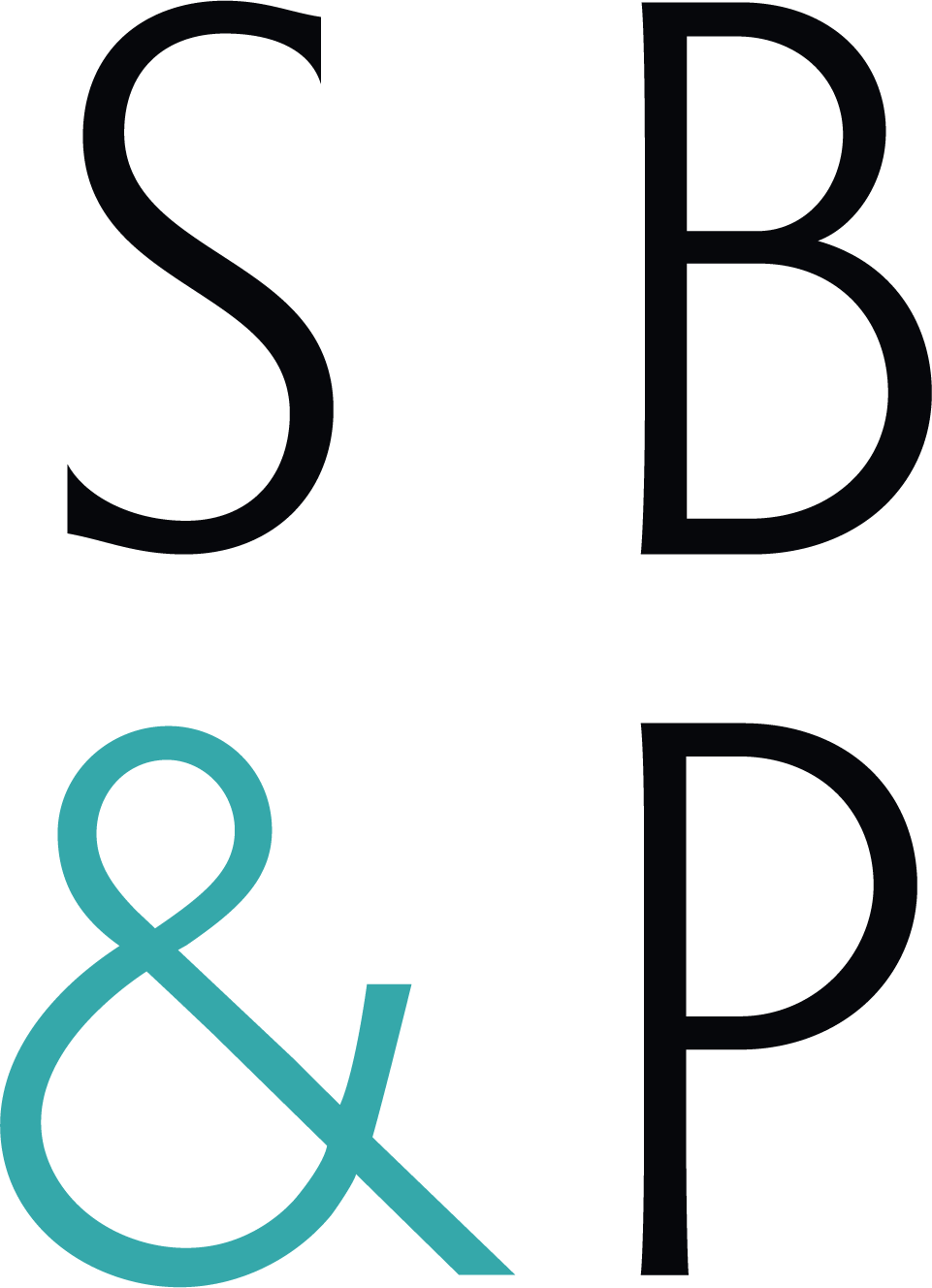On Thursday 24 September, Rishi Sunak presented his Winter Economy Plan, outlining the measures that will be introduced to protect jobs and support the economy over the coming months. Here we outline the key points to be aware of.
Job Support Scheme
There has been much speculation about what will happen once the furlough scheme ends on the 31 October 2020. It has now been confirmed that it will be replaced by a Job Support Scheme from the 1 November 2020. The scheme is designed to protect ‘viable’ jobs in businesses that are facing lower demand and will be available for six months.
To be eligible, employees must work a minimum of 33% of their hours and businesses must pay for the hours that employees work. But, for the hours not worked, the government and the employer will each pay one third of the wages.
The level of grant will be calculated based on an employee’s usual salary, capped at £697.92 per month. This means that those working a third of their hours will receive at least 77% of their pay.
The scheme will be available to businesses that need it the most. Therefore, all SMEs will be eligible for the scheme, but larger businesses won't be unless their turnover has fallen during the pandemic.
Businesses will be able to claim both the Job Support Scheme and the Jobs Retention Bonus.
Find out more on the government’s factsheet here.
Job Support Scheme expanded to firms required to close due to new Covid-19 restrictions
The government has expanded the Job Support Scheme to protect jobs and those businesses required to close due to new Covid-19 restrictions.
Under the expansion, businesses required to close over the winter period as part of local or national restrictions will get more support. The government will support eligible businesses by paying two thirds of each employees’ salary, up to a maximum of £2,100 a month.
Under the scheme, employers will not be required to contribute towards wages and only asked to cover NICS and pension contributions.
The scheme will begin on 1 November and will be available for six months, with a review point in January.
Self-Employment Income Support Scheme (SEISS)
The SEISS grant is being extended until April 2021.
Those that are continuing to actively trade, but are facing reduced demand because of the coronavirus will be eligible.
The extension will provide two grants that will be paid in lump sum instalments, each covering a three-month period.
The initial lump sum will cover November 2020 to January 2021. The grant will be worth 20% of average monthly profits, up to a total of £1,875.
The second grant (which may change) will be available for self-employed people for the period, February 2021 to the end of April 2021.
Pay as you grow
Those that have taken out a loan under the bounce back or Coronavirus Business Interruption loan scheme will have more time to make their repayments. Loans will be extended from six to ten years. Struggling businesses will also be able to make interest only payments or suspend payments for up to six months.
Deferred tax bills
Businesses who deferred VAT payments which were due between 20 March 2020 and 30 June 2020 to 31 March 2021 will now be able to pay these in eleven interest-free instalments.
Taxpayers who deferred their July 2020 Income Tax payments on account to 31 January 2021 will now be able to pay these over a twelve-month period.
15% VAT cut for hospitality businesses
The temporary 15% VAT cut for the tourism and hospitality sectors will be extended to the 31 March 2021. The reduced VAT rate of 5% not only applies to pubs and restaurants, but also hotel and holiday accommodation and admission to certain attractions.
For further information or advice on any of these updates, contact one of our relationship partners.
Back to top








